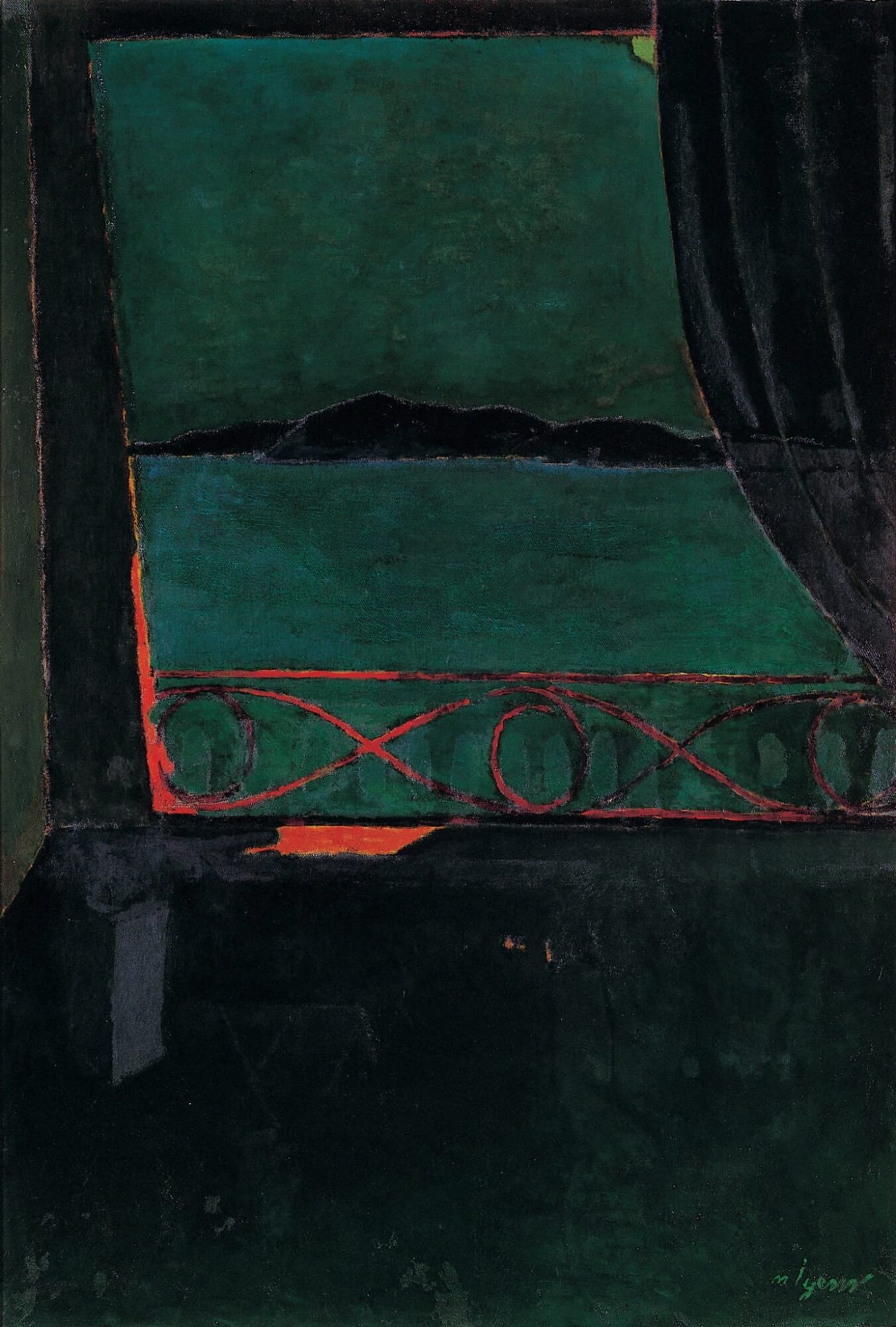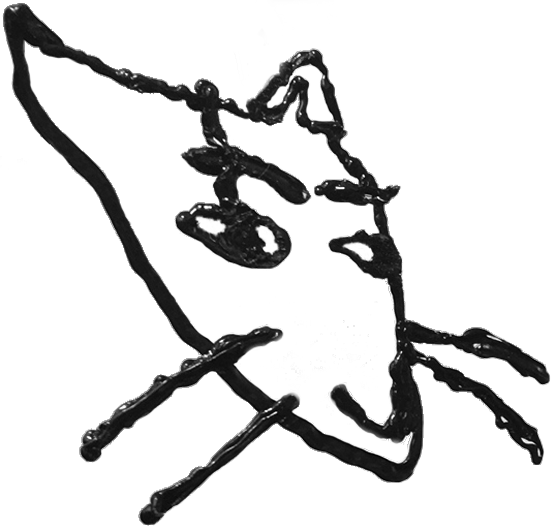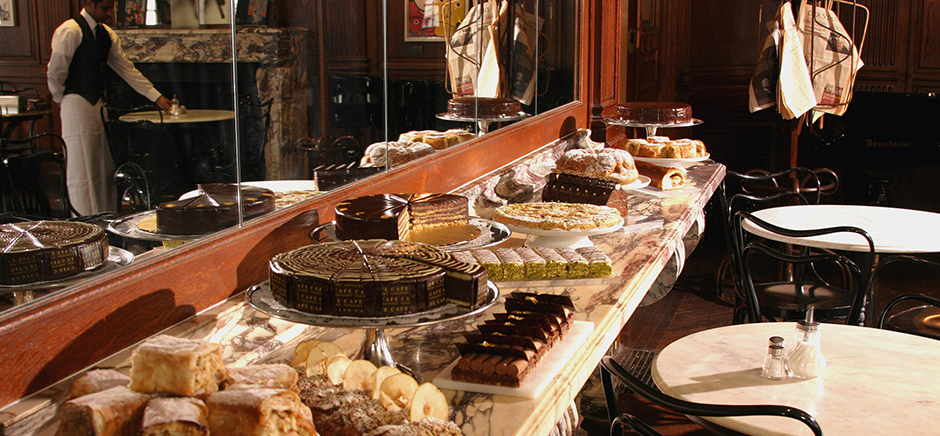
Untitled, 1958
It wasn’t the season. There was no season for it. The air had just begun to sharpen. On the ferries, men in turtlenecks sat next to girls in denim shorts.
The ferries’ engines shook the people’s voices from within. They talked normally with each other as if no one noticed.
A man would walk down the aisles, selling hot tea and cold orange juice, and as he called out to the passengers, his voice would tremble like it had been snatched from the air and shaken in front of his face so that he would look at it and see.
It wasn’t the time for it. The time had come and gone, but as it was not an opportunity, but a threat, missing its ripeness did not end its possibility. It was no longer time, and so it would be worse, said the geologists they no longer allowed on TV, and whose accounts on the various websites were regularly suspended by government decree.
The government was doing what it could, which was not enough. The city weighed replacing Galata Bridge, and held an aborted contest for new designs. The Hagia Sophia and Sultanahmet Mosque were fortified by a team of Japanese engineers. The Byzantine cistern was closed, lined with colossal shock absorbers, and reopened to tourists. Their other project, reinforcing the president’s new mansion, was not featured in the TRT news segment.
On the subway screens, between ads for credit cards, Indonesian vacations, and ayran, short animations showed the two mosques supplely agreeing with the earth, offering no resistance to its movements, and surviving. Their surroundings were not depicted.
Excavators and jackhammers were found on every street corner in Beyoğlu. In the richer corners of Kadıköy, not far from where I lived, entire buildings disappeared and were reincarnated, stronger, within a year.
The universities held monthly drills, and timed them to disrupt protests they caught word of. In preschools as far south as Denizli, children ducked under tables at their teachers’ signal, half of them laughing, jerking ripples into the planet earth rug on the floor, the other half weeping to themselves.
It was not the season, it was not the time, it had had its chance, it would never come. That’s what you would learn not only over tea-soaked backgammon boards in the basement cafes, and not only from the clean-shaven Islamists who spoke of God’s plan for the country, in which the south had been destroyed ten years ago so that Istanbul could be saved. Kahramanmaraş, Antakya, Gaziantep—cities of martyrs, not victims. God had reached a compromise with the Turkish nation, and with the entire Middle East, which more than ever relied on its guidance as God’s deputy in the lands closest to His heart.
You would hear this, that the Eurasian Plate had waited too long, from sober-minded people who were otherwise perhaps too inclined to resignation. The economy might never recover, they freely, almost violently declared, but Istanbul would be safe. Yes, it would hit eventually, and people would even die. Few, very few admitted that before they drew their next breath, the entire city could slide down into the maw of the Bosporus.
The first time I saw the animation of the Hagia Sophia and Sultanahmet surviving the quake, I was on my way home from work. I watched it first as a distraction from my book, motion in the corner of my eye I failed to ignore. After that, I kept my gaze locked on the screen, waiting for the cycle of ads to come back around. Five or six times, the buildings liquefied. What had held them upright proved insubstantial, and they rippled like sheets on a clothesline. When the movement stopped and they returned to their natural stillness, they were unrecognizable for having survived.
That night, I dreamt of a seagull flying over the Golden Horn, screeching at the miles of mist-cloaked rubble, and coming to rest on a minaret, the only thing in the city left standing. I did not exist in the dream.
I began to spend my time at sea. Whenever I could, I’d take Büşra with me on the ferry as far as I could go—to İstinye, to Büyükada, once even to Bursa. Pınar was harder to convince. Büşra had either inherited or acquired my love for the water, and was usually happy when I told her we were heading to the pier. But Pınar knew what I was doing.
“It wouldn’t help,” she said to me once while I waited for Büşra to come back from her room with her sketchbook and colored pencils. “There would still be tsunamis. And where would you dock? What would be the point of being left alive?”
“Come with us,” I said, trying to hide my shock at words I'd been expecting from her for a long time.
She stared at me, as though I weren’t just asking her to join our daughter and me on a ferry ride for a few hours. And I wasn’t.
Pınar stayed home, or went somewhere else. I took Büşra on the boat to Eyüpsultan, and I bought her ice cream at the foot of Pierre Loti Hill. She didn’t wait to finish it before we started up the worn stone path through the cemetery, and she stopped only to caress the kittens sunning themselves on the gravestones beside us.
At the top, I ordered myself a tea without taking my eyes off the horizon, where, far beyond the mouth of the Golden Horn, Moda lay hidden. I thought of Pınar reading on the balcony, glancing up now and then to look at us.
I brought the glass to my lips, and before I could sip from it, I saw the lines of sight of every single one of the city’s twenty-five million inhabitants as they gazed across the water, even as the hills hid them from me. The more the steam filled my eyes, the clearer the visible pulse of the husband in Çamlıca, the sister in Fatih, the last surviving friend in Üsküdar who’d shared the cramped, final ride from Mardin fifty years ago. The tea scalded my lap.
I looked over at Büşra, who was leaning on the railing a few steps away. She was slowly shifting her eyes between her sketchbook and the scene in front of her, as though searching for and failing to find any discrepancies between the landscape and her drawing of it. I went to stand behind her, and she slid her blue pencil into her pocket. She’d only drawn the water.
I bought her another ice cream, and we began the descent.
It was humid, and I awoke to the smell of hair oil. In the damp, the pages of my book had swollen and wouldn't close. I sat for a long time on the balcony watching the dark sea move. I heard a bottle shatter on the street below, then teenagers laughing. My watch said 4:09 am. On the dawnless horizon, the moon lit the wake of a vanished ship.
Months can pass when everything happens but what must. I began to think my friends were right. After ten years and nothing, we should conclude that our science is wrong, not the earth. I started taking the metro to work, and getting up later since I didn't have to time my day around the boats. In the tunnels below Istanbul, I felt I was wandering through the body of a gigantic animal we had captured, tranquilized, and tied down. Maybe the sedative would never wear off. Or maybe it had awakened, but crushed by the weight of so many millions which increased with every minute, the earth now struggled imperceptibly under our feet.
Sometimes, I felt that I was nearing its heart, and my own would beat at a slow, alien rhythm—imagine: if a child and a grown man stand and hold either end of a rope, and each shakes it at the pace their size allows, the waves of the child will be lost in the waves of the man. We are so small. Knowing that, it is easy to forget.
When the morning came, it was Büşra’s idea to get on the boat. She asked over breakfast whether we could take the ferry somewhere. I looked at her and it was a long time before I remembered I was the one who had to give permission. It didn’t occur to me that it was a school day. Pınar stared at me, obviously unable to understand why I would even give a second’s thought to my answer. I looked at her and said, “I think it would be a good idea.” Something fled her eyes, and I couldn’t believe it when she nodded.
From the upper deck, we watched the water seethe under leaden winter clouds. The wind was too much for Büşra and we went back down into the cabin.
On one shore, six arms lowered a heavy shroud into its pit. On the other, wrinkled hands raised a bundle of swaddling cloth. The sun and moon hung level in the sky, shining with equal strength. The night, robbed by the city of its stars, was pure black. The night circled the day and the day circled the night. The sleeping opened their eyes as the wakeful closed their own. There was the center vanishing into itself. A nameless bird roosted on the highest rafter of the oldest building forever, and it flew away. The plate slipped.



